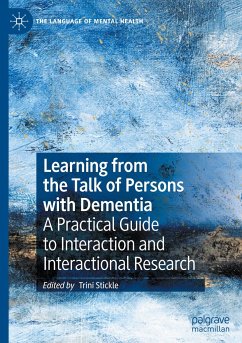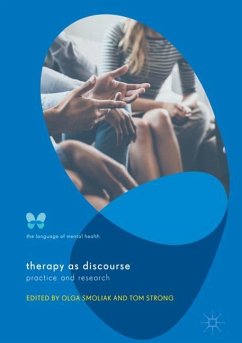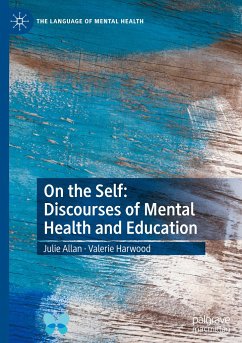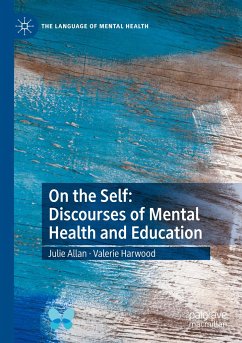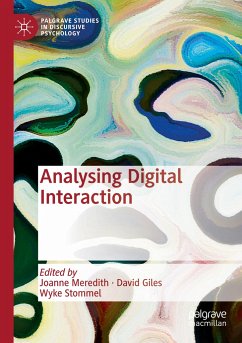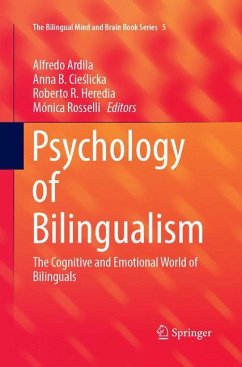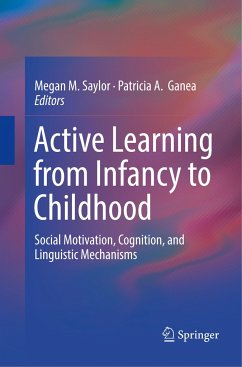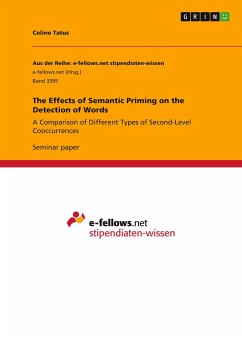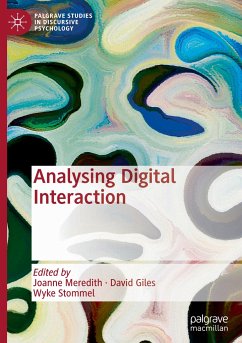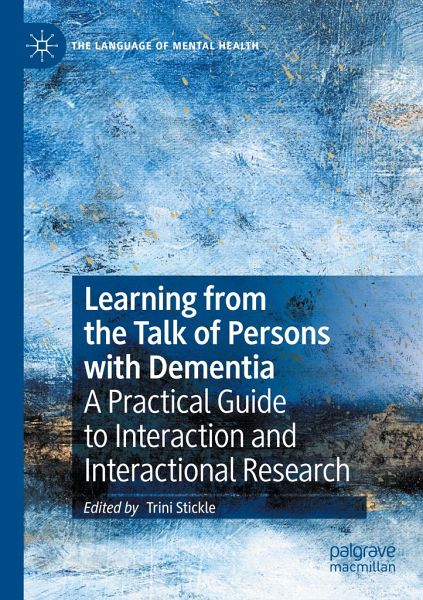
Learning from the Talk of Persons with Dementia
A Practical Guide to Interaction and Interactional Research
Herausgegeben: Stickle, Trini
Versandkostenfrei!
Versandfertig in 6-10 Tagen
113,99 €
inkl. MwSt.

PAYBACK Punkte
57 °P sammeln!
This book offers an in depth analysis of the interactional challenges that arise due to various dementias and in a variety of social contexts. By assessing conversations between persons with dementia and their family members, caregivers, and clinicians, it shares insights into both the language and actions selected by the participants. Using several different research methods, authors highlight competencies and areas of struggle, as well as choices that ease interactions along with those that seem to complicate them. Each chapter provides practical strategies to help readers better navigate da...
This book offers an in depth analysis of the interactional challenges that arise due to various dementias and in a variety of social contexts. By assessing conversations between persons with dementia and their family members, caregivers, and clinicians, it shares insights into both the language and actions selected by the participants. Using several different research methods, authors highlight competencies and areas of struggle, as well as choices that ease interactions along with those that seem to complicate them. Each chapter provides practical strategies to help readers better navigate day-to-day interactions with persons with dementia. The book is part of a continuing effort to offer guidance and hope to those for whom such conversations have become part of their daily lives. It presents concrete recommendations for specific groups such as family members, caregivers, and clinicians; it will also be of interest to researchers in the field of dementia and early career scholars interested in the methodologies discussed.





